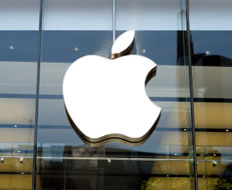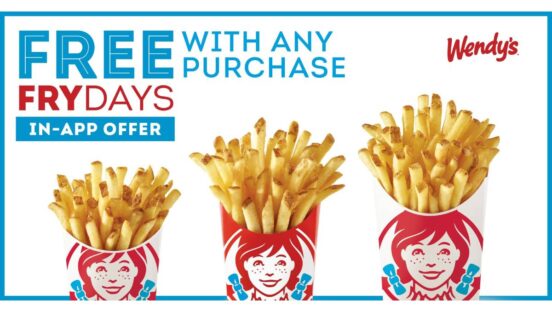The statistics are captivating: more than $4,400 in sales per square foot, more than 90 percent revenue increases in the first six months of 2011, 40–50 new stores opened every year. Apple retail stores are hot. And if you’re like pretty much everyone I talk to these days, you probably have Apple envy.
I hate to break it to you, but no one else is going to post such phenomenal retail results. Among the reasons why Apple’s performance is so strong is that it is at a point where its brand is already so well known and well loved. Its brand-building strategy is simply to do more of the same and enjoy the success.
But your company is probably in a different stage of development, so a different brand-building strategy is called for.
Brand-building priorities change as organizations move through their lifecycles. From the start-up phase to early growth, established growth, expansion, and then maturity, you should constantly evolve the approaches to building your brand.
The first phase of your business, of course, is the start-up phase. Before you begin operating your business, you need to establish the brand platform, which outlines your brand identity and competitive positioning.
By “identity,” I don’t mean only visual and verbal identity. Deciding on a good name, logo, tagline, look, and feel is indeed important, as I’ve noted in previous columns. But equally important is defining what you want your brand to stand for. What is the core belief that inspired you to start your business? What is the essence of your concept? What is the one thing you want to be known for? For example, Chipotle’s brand identity is “Food with Integrity;” Jamba Juice’s is “Positive Energy.”
Establishing your brand identity also involves articulating the attributes and values that define your brand, so you can build your business around them. Take Southwest Airlines as an example: From the start, the founders set out to be fun, easy, and affordable, and they designed their business to fulfill that vision.
Your brand platform also outlines your competitive positioning. It indicates who your target audience is, whom you’re competing with, and what your unique value is. You can’t start a solid business without a clear understanding of how you intended to differentiate and compete.
With your brand platform in place, use it as a filter for all of the decisions you need to make as you flesh out your concept—including hiring, menu development, service strategies, and pricing.
After the start-up phase, you start your early growth phase. Once your company is up and running, your brand-building attention needs to shift to consistently executing against your brand platform. You must ensure you’re delivering a consistent level of service, product quality, and overall experience. At this stage, word of mouth can be the fuel that ignites your concept, or it can be the death of it, so you want to ensure you deliver your brand platform in every customer interaction.
Talk about your brand with your employees consistently to ensure they understand and embrace it and share the importance you place on it. The same goes for your business partners, such as suppliers, franchisees, and investors and other stakeholders. Some experts say you have to say something seven times for people to get it—it’s no different with your brand. Smart companies develop and deploy a brand toolbox, or “users’ manual,” to inform, inspire, and instruct all of their stakeholders to interpret and reinforce the brand appropriately.
Now you enter your established-growth phase. At this stage, you have the money to spend on advertising and customer-relationship management, so brand building becomes a matter of using those dollars strategically.
Select your media and communication channels carefully. In today’s media environment, it’s possible to focus your advertising on your target segments through specific media channels, whether it’s through lifestyle print media, social networks, or geo-targeted mobile campaigns, so your message can resonate more strongly and your media spend can be more efficient.
Investing in the technology necessary to collect and manage customer data is important to developing valuable customer relationships. Use the data to generate insights about your customers’ purchase decisions and preferences and design customer experiences to meet their specific needs. Engage in dialogues with your customers and demonstrate your loyalty to your best customers through special offerings and personalized messages.
Across all marketing communications, you should continue to express your brand platform clearly and consistently. You can never take for granted that people know your brand. There’s a lot of clutter to break through, and new competitors are always competing for your customers’ attention.
Eventually, your business reaches the maturity state, and your brand-building priority shifts to the challenge of preserving the core of your brand while simultaneously expanding and evolving it. Getting this delicate balance right determines whether your business continues to thrive (as Netflix and Apple have) or meets an unfortunate death (like Blockbuster and Circuit City did).
New products, brand extensions, and partnerships are effective ways to grow your brand footprint and keep it fresh and relevant. Use developments in technology, distribution, materials, and communication to tap into emerging trends and appeal to growing markets. But you should also use these new opportunities to reinforce what you stand for and deepen your existing customer relationships.
In this stage of the lifecycle—as in all—you must resist the temptation to stray from your core brand identity and values. They are what you started with, and if nurtured properly throughout the course of your business, they will continue to serve you well into perpetuity.











